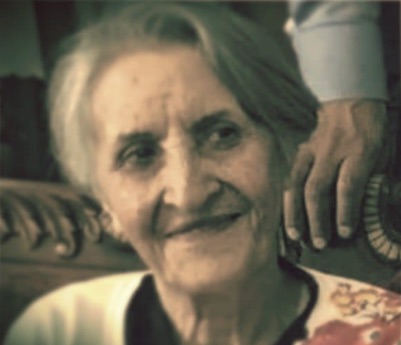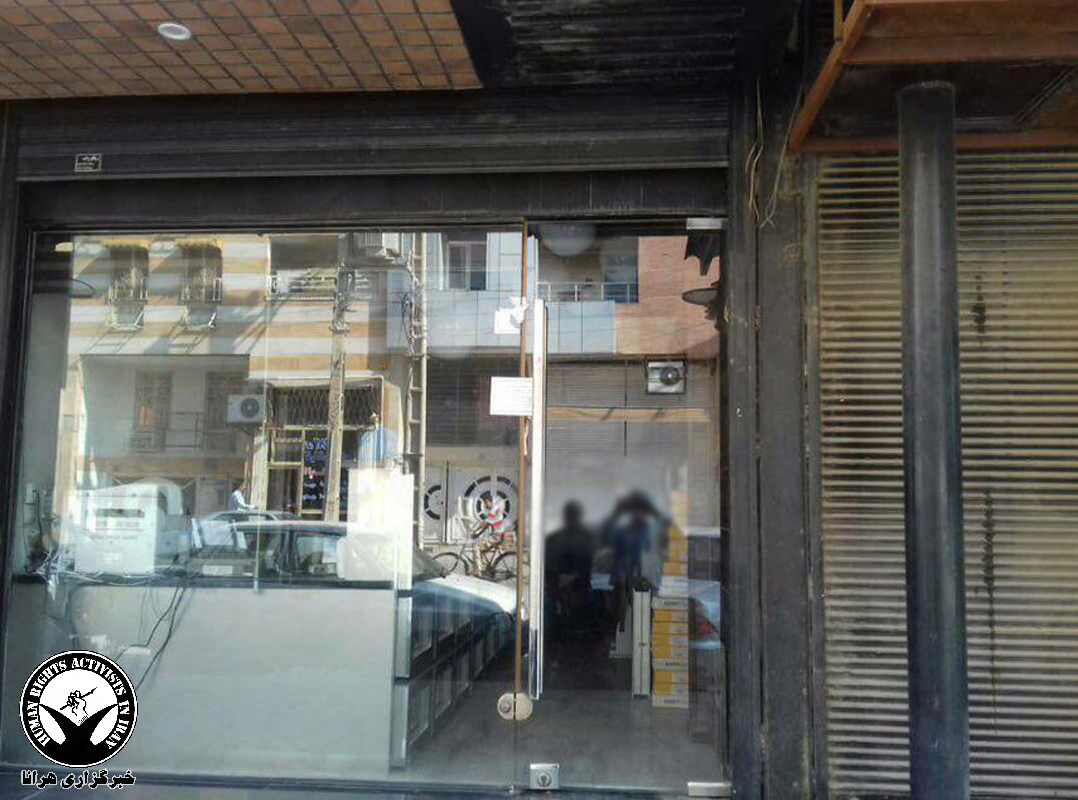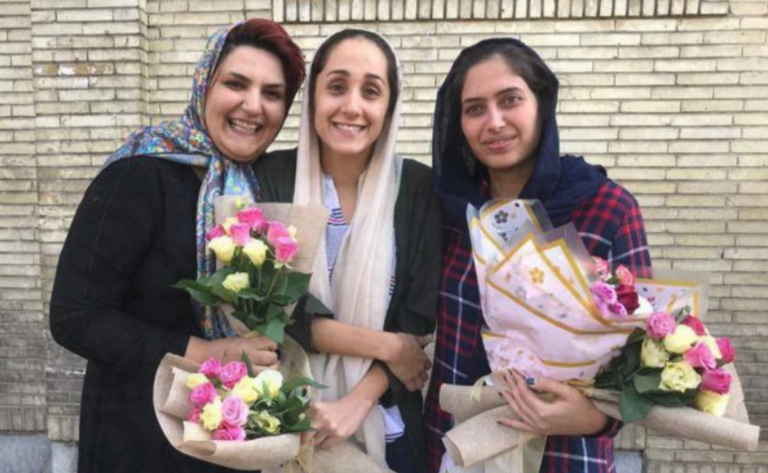Source: www.en-hrana.org
Human Rights Activists News Agency (HRANA) -Baha’i citizens of Iran have continued to face persecution this month, in the form of grave desecrations, business shutdowns, and interference by authorities in their places of employment. Meanwhile, one Baha’i prisoner has returned to prison after a furlough release.
Grave Desecration

Four days after her October 24th burial, the body of Shamsi Aghdasi Azamian, a Baha’i resident of Gilavand village near the city of Damavand, was found in the nearby rural outskirts of Jaban.
According to a close source, security forces called Azamian’s son that same day, informing him that her remains had been found and instructing him to rebury them in Tehran.
Security forces had previously forbidden Baha’i Gilavand residents from burying their dead locally, ordering instead that all deceased Baha’is be interred in the capital city, 50 miles west by mountain pass. Though Azamian’s son initially refused — citing Baha’i religious custom to lay believers to rest no more than one hour away from their place of death — the family ultimately complied under pressure from security forces.
Earlier this year, Iranian authorities issued a court order to lock down a Baha’i cemetery in the city of Kerman. Baha’is in Sanandaj, Ahvaz, Tabriz, and Sangesar have also been prevented from burying their loved ones in local cemeteries, and in the cases of Sangesar and Sanandaj, some Baha’i burial sites have been reported destroyed.
As of yet, no one has claimed responsibility for the desecration of Azamian’s grave.
Shutdown of Baha’i Businesses

Iranian Authorities have shut down the small businesses of five Baha’i Ahvaz residents and two Baha’i Abadan residents as of November 5th.
The businesses — which had been temporarily closed, in observance of Baha’i religious holidays — were court-ordered to remain sealed off to the public. Their owners were identified as Ahvaz residents Vargha Derakhsan, Behrouz Zohdi, Jahanbakhsh Afsharzadeh, Feizollah Ghanavatian, Sohrab Derakhsan, and brothers Arman Azadi and Aram Azadi of Abadan.
Having run their business for the past 38 years, the Azadi brothers had already experienced a forced shutdown on July 12, 2018. After a 14-day tug-of-war with security forces, the prosecutor’s office, and other municipal authorities, they managed to re-open their store on July 26th, only to be shut down again this month.
Despite trade union regulations protecting business owners from arbitrary closures, Baha’i citizens regularly face unexplained restrictions on their commercial activity. And while Iranian businesses are legally permitted to close up shop for a maximum of 15 days per year — for any reason — some have been forced to stay closed after briefly pausing their operations for Baha’i holidays.
On December 3, 2017, Rouhani aide Shahindokht Molaverdi said that Iranian authorities were looking into a legislative solution to this issue.
HRANA reported on the forced closure of 11 Baha’i-owned business in Ahvaz in July of this year, and previously published a story on the same trend in Abadan.
Baha’i Prisoner Back in Rajai Shahr After Furlough
Afshin Seyed Ahmad, a Baha’i political prisoner serving a three-year sentence for “acting against national security” and “propaganda against the regime,” returned to prison on November 11th after eight days of furlough.
This was Ahmad’s first furlough release since beginning his sentence June 28, 2016, in Evin Prison. He has since been transferred to Rajai Shahr.
Ahmad previously spent 20 days in solitary confinement after a November 2012 arrest.
Educational Institution Shut Down
Two educational institutions in the city of Shiraz have been shut down by court order for employing recently-arrested Baha’i citizens Nora Pourmoradian and Elaheh Samizadeh.
HRANA reported on Pourmoradian and Samizadeh’s release on October 10th after spending more than three weeks in custody. The two were working in the field of music education for children.
A close source backed speculation that the institution’s shutdown was prompted by Pourmoradian and Samizadeh’s employment there.

Baha’i citizens of Iran are systematically deprived of religious freedoms, while according to Article 18 of the Universal Declaration of Human Rights and Article 18 of the International Covenant on Civil and Political Rights, all people are entitled to freedom of religion, belief, and changes thereof, as well as the right to express and practice those beliefs as individuals or collectives, in public or in private.
Though unofficial sources estimate the Baha’i population of Iran at more than 300,000, Iran’s Constitution officially recognizes only Islam, Christianity, Judaism, and Zoroastrianism, and does not acknowledge the Baha’i faith as an official religion. As a result, the rights of Baha’is in Iran are systematically violated.
Leave a Reply